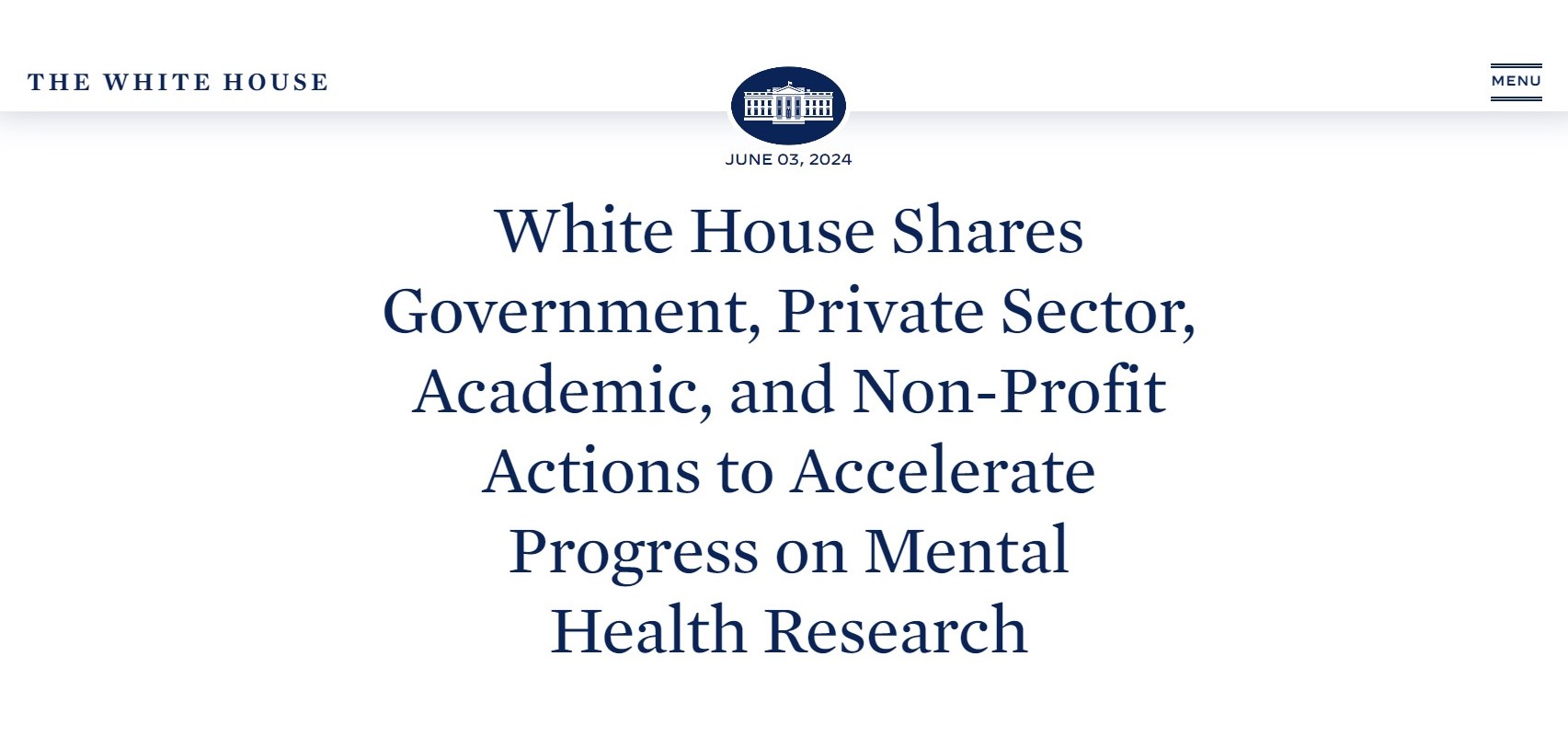Teens + Driving + ADHD = A Dangerous Combination
Post Date: September 4, 2020 | Publish Date:

Post authored by Jeffery Epstein, PhD, Director, Center for ADHD
Much of the research conducted at the Center for ADHD at Cincinnati Children’s examines the real life struggles that children and adolescents with ADHD commonly experience. One of the areas we have been exploring for the past several years has been the risks of driving.
According to statistics from the Centers for Disease Control and Prevention, six teens (aged 16–19 years old) die every day from motor vehicle accidents. Having an ADHD diagnosis adds to that risk. Indeed, drivers meeting diagnostic criteria for ADHD are 2.2 times more likely to have multiple collisions as drivers without ADHD.
While the connection between the ability to pay attention and driving safely is fairly obvious, we have strived to understand more about the specific aspects of ADHD behavior that cause driving risk, and what, if anything, can be done to reduce the risk.
Members of our research team collaborated with several other centers to publish a new study that examined driving in a large sample of 441 children who were recruited and diagnosed with ADHD when they were 7-9 years old and have been followed into adulthood. In addition, a comparable sample of 239 children without an ADHD diagnosis were also recruited and followed along the same time points.
Our findings were published Aug. 22, 2020, in The Journal of the American Academy of Child and Adolescent Psychiatry (JAACAP). This study is the latest information from the Multimodal Treatment Study of ADHD, one of the largest and longest-running studies of its kind.

Several interesting findings came out of this study.
- First, teens with ADHD appear to get their driver’s license approximately one year, on average, later than teens without ADHD. This is likely an attempt by teens, and likely their parents, to allow the teen to obtain greater maturity.
- A second interesting finding was that we confirmed that teens in the ADHD group had about a 50% greater risk of getting in a motor vehicle accident than teens without ADHD.
- However, the third interesting finding was that it was not the history of an ADHD diagnosis, but rather the persistence of ADHD symptoms into adolescence, that increased the risk for a motor vehicle accident.
Indeed, teens who were diagnosed with ADHD as children but who no longer met ADHD diagnostic criteria (i.e., DSM-5) had no greater risk of getting into a motor vehicle accident than teens without ADHD. These results highlight the need for better understanding ADHD-related driving risks and to develop interventions that will help teens with ADHD become safer drivers.
Towards this end, research conducted at the Center for ADHD has demonstrated that teens with ADHD are more likely to veer out of their lane of traffic, particularly when given the opportunity for distraction (e.g., cell phone use).
We’ve even identified what we believe to be the primarily problem for teen drivers with ADHD–during driving-related (e.g., checking rear-view mirror) and non-driving related (e.g., texting) tasks, they take their eyes off the forward roadway for extended periods of time.

CLICK to download and watch a driving simulation eye-tracking test
In the context of an NIH-funded study, we are currently testing an intervention that we hope will help train drivers with ADHD to be safer drivers. We look forward to reporting on the results of that study in the coming year.
Safer Driving
While research teams such as ours continue to develop driving interventions for teens, parents should know that there are some things they can do to improve their adolescent’s driving behavior:
- Talk to your teen about the dangers of texting and driving. Go to this website for discussion resources: https://www.nhtsa.gov/campaign/distracted-driving
- Have your teen pledge not to engage in distracting tasks while driving (see example: https://www.cdc.gov/MotorVehicleSafety/pdf/Driving_Contract-a.pdf)
- Consider technologies that are available that disable cell phones while driving (see https://www.nsc.org/road-safety/safety-topics/distracted-driving/technology-solutions for review).
- If your teen takes ADHD medications, ensure they are taking ADHD medication on days they are driving.
About the study
Lead author was Arunima Roy, MBBS, PhD, at the Royal’s Institute of Mental Health Research, University of Ottawa. Corresponding author was Lily Hechtman, MD, Professor of Psychiatry and Pediatrics, Division of Child and Adolescent Psychiatry, McGill University, Montreal.





